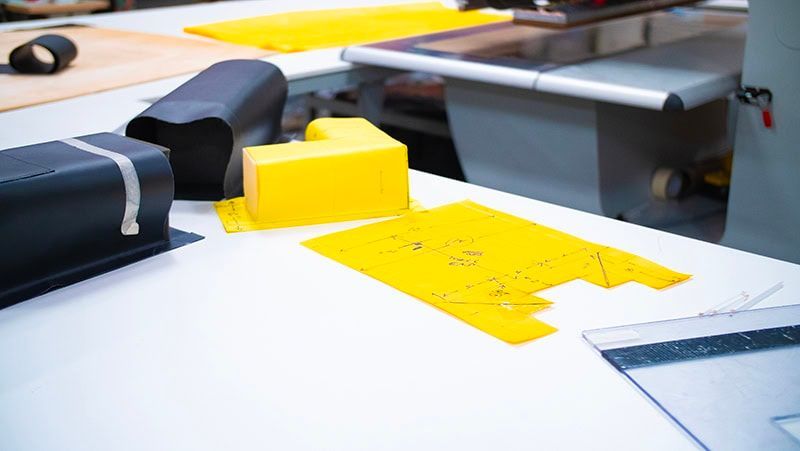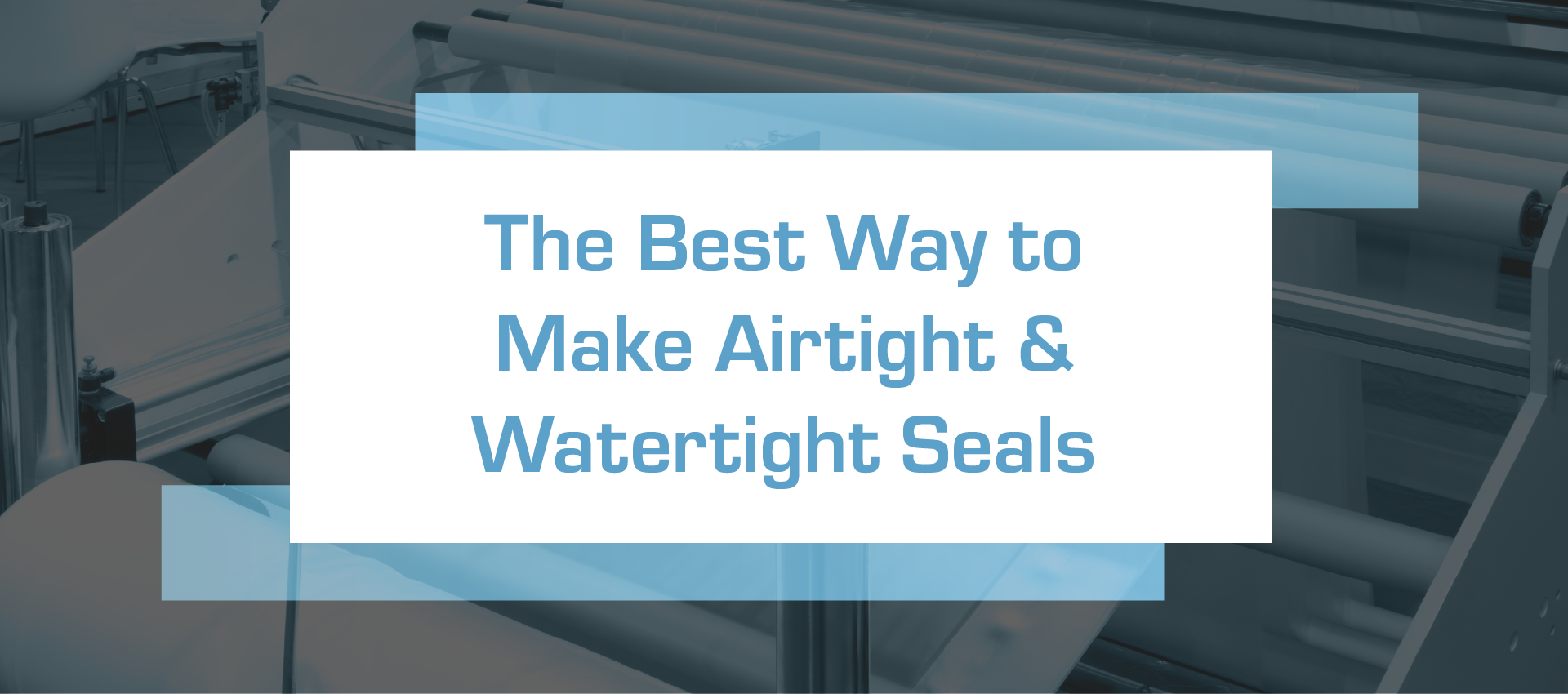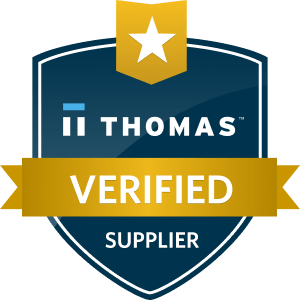Our Blog
How Does Contract Manufacturing Work?
Share this Article:

Many companies turn to contract manufacturers to handle their production needs and outsource manufacturing processes, providing a streamlined and efficient solution for their goods. The contract manufacturer may be involved in producing a variety of products for different clients. To ensure that the products are manufactured to the client’s specifications, the client provides detailed guidelines on the best way to build the product. These guidelines may include quality requirements, drawings, and other product specifications.
In addition to these instructions, the outsourcing company may give the contract manufacturer a prototype or sample of the product they want, along with a list of necessary components. This allows the subcontractor to ensure that the final product meets the client’s expectations and specifications.
How Does Contract Manufacturing Work?
The contract manufacturer and the outsourcing company discuss the company’s project requirements and needs. The contractor then follows this process:
- Quotation: When a company considers outsourcing its manufacturing process, the contract manufacturer provides a comprehensive quote detailing the cost and the terms of the contract.
- Design and development: Contract manufacturing involves collaborating with the contractor to design and develop the product, which includes testing and creating prototypes to ensure the product meets the required standards.
- Component sourcing: Contract manufacturers are responsible for procuring the raw materials and other components essential for production.
- Production: Contract manufacturers produce the product per the company’s requirements and specifications.
- Quality Control: The manufacturers conduct various quality control checks on the products. This is to ensure they meet the desired specifications and standards before shipping.
- Packaging and shipping: Contract manufacturers are responsible for packaging the products and arranging the shipment to the company or the customer.
- Ongoing Support: Contract manufacturers offer continual assistance to ensure the proper functioning of the product throughout its lifespan, which includes providing repair and maintenance services whenever required.
What Are The Advantages Of Contract Manufacturing?
Many companies outsource all or some of their manufacturing processes to contract manufacturers for various reasons. To begin with, contract manufacturers offer a feasible solution for companies facing constraints in terms of resources or companies experiencing an overwhelming workload. They provide specialized technical expertise and manufacturing insights, which benefits companies lacking internal resources or looking to scale up rapidly.
Moreover, outsourcing to contract manufacturers can result in cost savings, which is an attractive option for companies seeking to optimize their budgets. Other companies outsource to free up their resources and focus on innovation and developing new products.
As such, when the project is a good fit, contract manufacturing can create numerous opportunities for companies with
emerging technology.
Contract Manufacturing Examples
Below are three examples of contract manufacturing:
Manufacturing industry
In the HVAC industry, installing forced air systems requires ventilation systems made of sheet metal. While some companies may have the resources to build these systems in-house, most HVAC contractors outsource this to external sheet-metal fabrication companies. HVAC contractors provide the necessary specifications to the sheet-metal fabricator, who then constructs the ventilation components. Once completed, the contractors attach the ventilation components to the HVAC system, ensuring the efficient circulation of cool air.
Pharmaceutical industry
Within the pharmaceutical industry, drug makers have the option to work with contract manufacturers for various aspects of drug development and production. Due to the high costs associated with drug development, companies often outsource this stage. Once developed, drug manufacturers frequently contract out their manufacturing and commercial production.
As the pharmaceutical industry is strictly regulated, complying with the FDA regulatory requirements often involves extensive documentation. To address this, outsourcing the documentation of compliance is a common practice.
Automotive
In the automotive industry, approximately 50% of car manufacturing is performed by contract manufacturers. The manufacturers often outsource the production of basic components such as dashboard parts, tubing, and external electronics, including security systems, radios, and parking assistance devices.
Moreover, the manufacturing of gearboxes, suspension components, and electronics are also outsourced to contract manufacturers. Although car manufacturers have not yet outsourced the entire manufacturing process of a vehicle, many contract manufacturers create different cars under different labels and brands.
Optimize Your Manufacturing Processes with Carolina CoverTech
Contract manufacturing can offer numerous benefits to companies in terms of cost savings, technical expertise, and flexibility. Partnering with a contract manufacturer allows companies to focus on their core competencies while ensuring the quality and consistency of their products.
If you’re ready to optimize your manufacturing processes and take your business to the next level, work with Carolina CoverTech. We specialize in developing products that protect, cover, enclose and contain.




